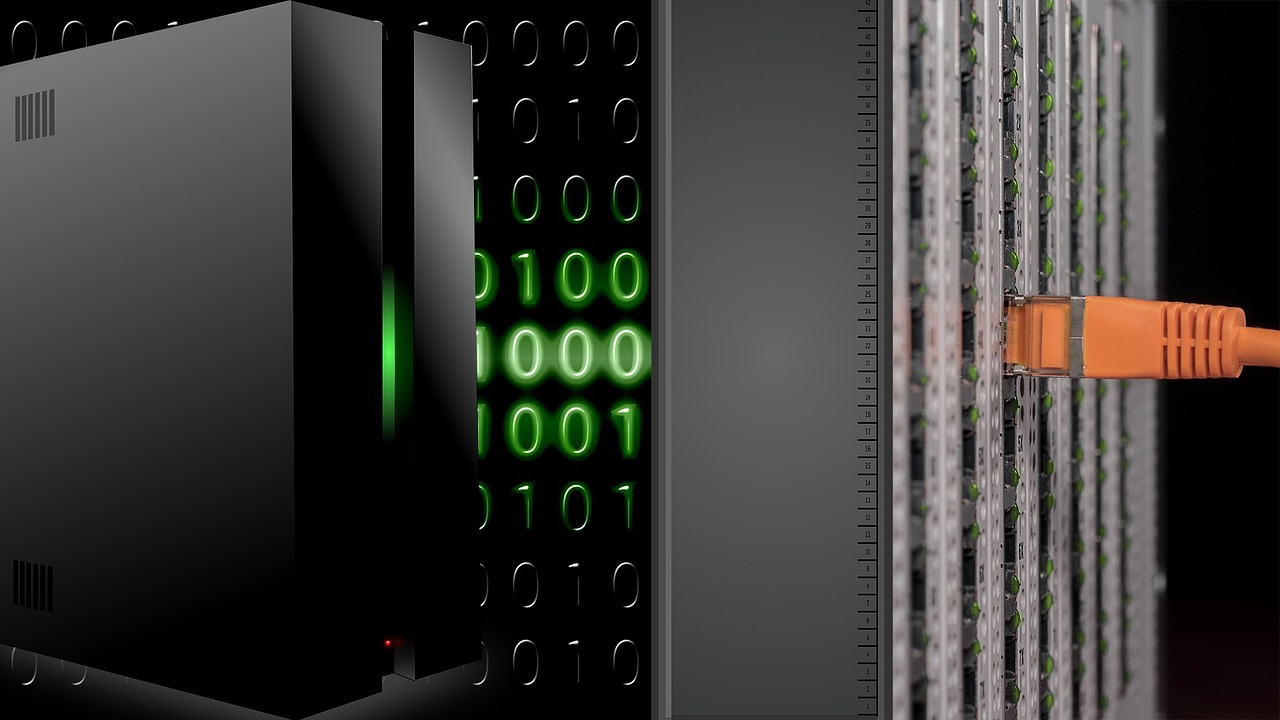In 2025, small and medium-sized businesses (SMBs) will likely see several key IT changes that will impact their operations, security, and growth. These shifts will primarily be driven by technological advancements, evolving security threats, and the growing need for digital transformation. Some of the biggest tech changes on the horizon include the following ten items.
- Increased Automation and AI Integration: SMBs are expected to increasingly adopt AI-driven solutions to automate routine tasks, improve customer service, and enhance predictive decision-making. Tools like AI-based customer relationship management (CRM) systems, marketing automation platforms, and accounting solutions will help streamline operations. Robotic Process Automation (RPA) will become more affordable and accessible for SMBs to automate repetitive administrative tasks such as data entry, invoicing, and order processing.
- Cloud Adoption and Multi-Cloud Strategies: Many SMBs will continue moving their infrastructure to the cloud, reducing the reliance on physical servers. These tech changes will be driven by cost-efficiency, scalability, and flexibility. Instead of relying on a single cloud provider, SMBs will opt for multi-cloud strategies, choosing the best services from different vendors to meet specific business needs, such as AWS and Microsoft Azure.
- Cybersecurity and Data Privacy Concerns: As cyber threats evolve, SMBs will face increased pressure to invest in advanced cybersecurity technologies like next-gen firewalls, intrusion detection systems (IDS), and endpoint protection. Adopting a Zero Trust model, where verification is required for every user and device attempting to access company resources, will become more prevalent. This will help protect against internal and external threats.
- Shift Toward Remote and Hybrid Work Environments: The demand for remote and hybrid work solutions will continue to grow. SMBs will adopt virtual collaboration tools and cloud-based productivity software to support distributed teams. Virtual desktops will allow employees to access their work environments securely from any device, making it easier to support a flexible workforce.
- Edge Computing and IoT: As more SMBs deploy IoT devices (smart sensors, cameras, and devices), edge computing will enable real-time data processing close to the data source, improving decision-making and reducing latency. This is crucial for industries like manufacturing, logistics, and retail. SMBs will increasingly adopt IoT for operational efficiency, supply chain optimization, and customer insights. IoT data will be analyzed to predict maintenance needs, enhance inventory management, and personalize customer experiences.
- 5G Technology and Connectivity: With the rollout of 5G networks, SMBs will benefit from faster, more reliable internet, which is essential for supporting tech changes, including remote work, cloud applications, and IoT devices. 5G will enable new business models, particularly for industries relying on real-time data, augmented reality (AR), virtual reality (VR), and enhanced mobile experiences.
- Digital Transformation and Customer Experience: More SMBs will focus on digital transformation initiatives to improve customer engagement and streamline business processes. This includes moving more sales, marketing, and customer service operations online and integrating e-commerce platforms with CRM systems. With the help of IT, SMBs will build seamless omnichannel experiences for customers, integrating physical stores with e-commerce websites, mobile apps, and social media platforms.
- Cloud-Based Financial and HR Solutions: SMBs will adopt cloud-based financial management tools to improve budgeting, accounting, and financial planning. These tools will be more advanced, offering predictive financial analytics and AI-driven insights. Cloud-based HR solutions for employee management, payroll, benefits, and recruitment will continue to evolve, offering SMBs better ways to manage their workforce and stay compliant with labor laws.
- Sustainability and Green IT: As environmental awareness grows, SMBs will seek out energy-efficient and sustainable IT solutions. Cloud services, for example, will become more energy-efficient, and more SMBs will consider the environmental impact of their technology choices. IT solutions that enable SMBs to track and optimize their supply chains for sustainability will become more widely adopted.
- Proliferation of SaaS and Subscription-Based Models: SMBs will continue to shift away from traditional on-premise software to SaaS solutions for everything from CRM to project management, accounting, and cybersecurity. These solutions offer cost-effective scalability and flexibility. SMBs will also explore subscription-based business models, where customers pay for products or services on a recurring basis. This is particularly relevant in industries like media, software, and even physical goods.
In 2025, SMBs will face new opportunities driven by these tech changes – however, they may also realize that their available resources are insufficient to adequately address these issues. This is why managed services are poised to provide even greater levels of service to SMBs seeking to remain competitive in an evolving marketplace. Call Alliance IT today to learn more about how we can help your Sarasota area business in the new year.

